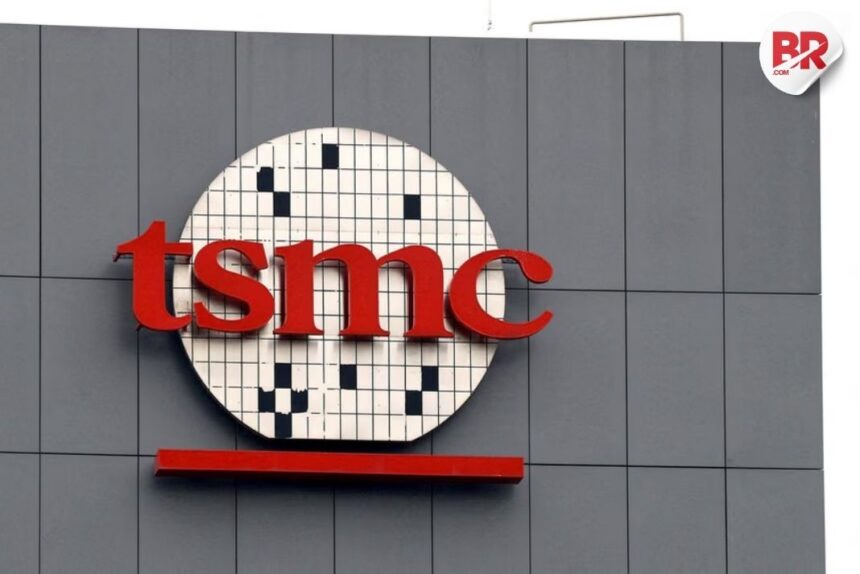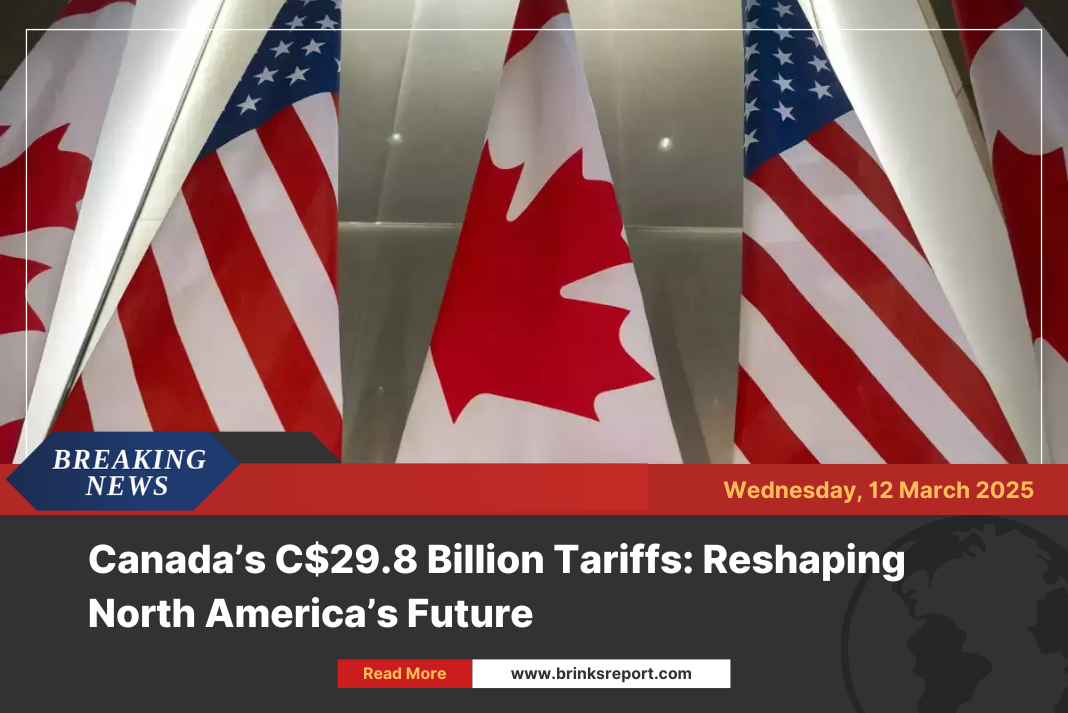
In a fiery statement, Donald Trump issued a bold warning: Taiwan’s TSMC could face a 100% tax if it fails to follow through with its promised U.S. factories. The remark has quickly stirred debate across the tech world and political circles.
TSMC, short for Taiwan Semiconductor Manufacturing Company, is the world’s largest chipmaker. It plays a critical role in powering everything from iPhones to fighter jets.

But Trump’s sharp message isn’t just about taxes—it signals a larger fight over America’s control of semiconductor production.
Trump Rejects Biden’s Chip Subsidies
The 45th president also slammed the $6.6 billion subsidy recently granted by the Biden administration to TSMC for its Arizona chip plant. “Chipmakers don’t need the money,” Trump said.
He questioned why taxpayer dollars are going to a foreign firm, even one investing in U.S. soil. Instead, Trump argued that pressure—not payouts—is the way to bring chipmaking home.
TSMC’s U.S. Plans: Big Spending, Big Pressure
Despite the political storm, TSMC has major plans in the U.S. In March 2025, the company announced it will build five chip factories in the U.S., with a combined investment of $100 billion.
The Arizona plant is already under construction, though delays have raised concerns in Washington. Trump’s threat adds more pressure on TSMC to accelerate progress and show commitment.
So far, TSMC has remained silent on Trump’s tax comments.
Also Read: World’s Largest Green Ammonia Project: CF Industries, JERA, Mitsui Join Forces
Export Troubles: Huawei Probe and Penalty
At the same time, TSMC is facing scrutiny from U.S. regulators over chip exports. The company could be hit with a $1 billion+ penalty for allegedly supplying advanced chips to China’s Huawei in violation of U.S. export controls.
This probe complicates TSMC’s standing in the U.S. and raises questions about its role in geopolitical tech battles between the U.S. and China.
Why It Matters: America Wants Chip Sovereignty
Trump’s stance may seem harsh, but it echoes a broader U.S. policy goal—chip sovereignty. The idea is to reduce dependence on Asian chip production and ensure supply chain security.
For years, U.S. leaders have pushed to bring semiconductor manufacturing back to American soil. This became even more urgent during the pandemic-era chip shortages.
TSMC’s expansion in Arizona is part of that vision. But Trump’s comments show that political patience is wearing thin, especially when large subsidies are involved.
Also Read: India vs Vietnam: Who Will Win Apple’s Next Billion-Dollar Bet?
What’s Next for TSMC?
With billions at stake, and bipartisan pressure mounting, TSMC will need to balance its global strategy with U.S. demands. If it fails, Trump’s 100% tax threat might become more than just a soundbite.
Meanwhile, tech companies, investors, and policymakers are all watching closely.
Also Read: US Sanctions Serbian Oil NIS, Fueling Fears of Balkan Energy Collapse












